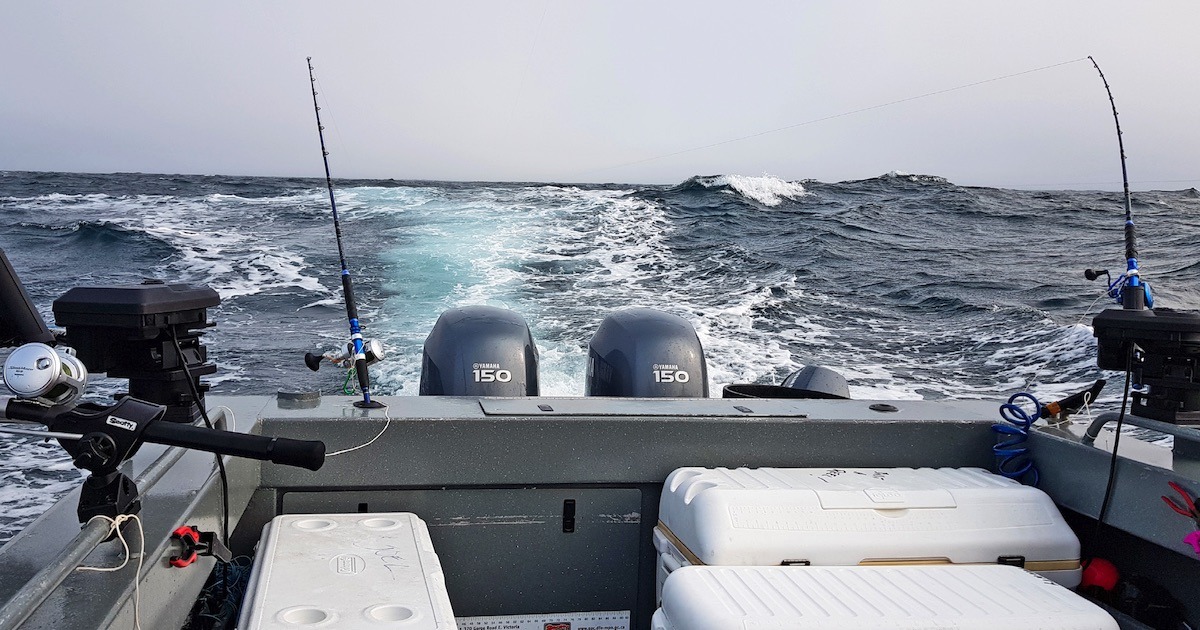A fishing license is an essential requirement for anyone looking to enjoy the peaceful and rewarding activity of fishing. Not only does a fishing license allow individuals to legally fish in various waters, but it also contributes to conservation efforts and the maintenance of natural habitats. However, the cost of a fishing license can vary widely depending on several factors, including age, residency status, and the type of fishing. Therefore, this article explores the different aspects that influence fishing license costs and provides a comprehensive guide to help you understand your investment.

Factors Influencing Fishing License Costs
Numerous factors contribute to the cost of a fishing license, making it essential to understand what influences the pricing. Recognizing these variables can help you make informed decisions when purchasing a license. Therefore, understanding the factors impacting fishing license costs provides valuable insights.
Residency Status
One of the most significant factors that affect the cost of a fishing license is residency status. Typically, states offer different pricing tiers for residents and non-residents. Residents usually enjoy lower prices as they contribute to state taxes, which partially fund fish and wildlife programs. Non-residents, on the other hand, may face higher fees as they do not pay these taxes. For example, a resident annual fishing license in one state may cost $26, while a non-resident might pay $76 for the same privilege. Therefore, residency status plays a crucial role in determining fishing license costs.
Age and Disability
Age and disability status are also important factors in fishing license pricing. Many states offer discounted or free licenses to seniors, children, and individuals with disabilities. These discounts aim to make fishing more accessible and encourage participation from various demographics. For instance, children under sixteen and seniors over sixty-five often qualify for lower-priced or complimentary licenses. Additionally, some states provide special licenses for veterans or individuals with disabilities, further reducing the cost. Therefore, considering age and disability status can significantly impact the cost of a fishing license.
Types of Fishing Licenses
Different types of fishing licenses cater to various needs and preferences. Understanding these options can help you select the most suitable license. Therefore, exploring the different types of fishing licenses ensures you make an informed choice.
Freshwater vs. Saltwater Licenses
Fishing licenses are often categorized based on the type of water bodies where fishing will take place. Freshwater licenses cover fishing in rivers, lakes, and ponds, whereas saltwater licenses apply to ocean and marine environments. Some states offer combined licenses that cover both freshwater and saltwater fishing. The cost of these licenses may vary, with saltwater licenses sometimes being more expensive due to the additional resources required for marine conservation. Therefore, choosing between freshwater and saltwater licenses depends on your fishing preferences and target species.
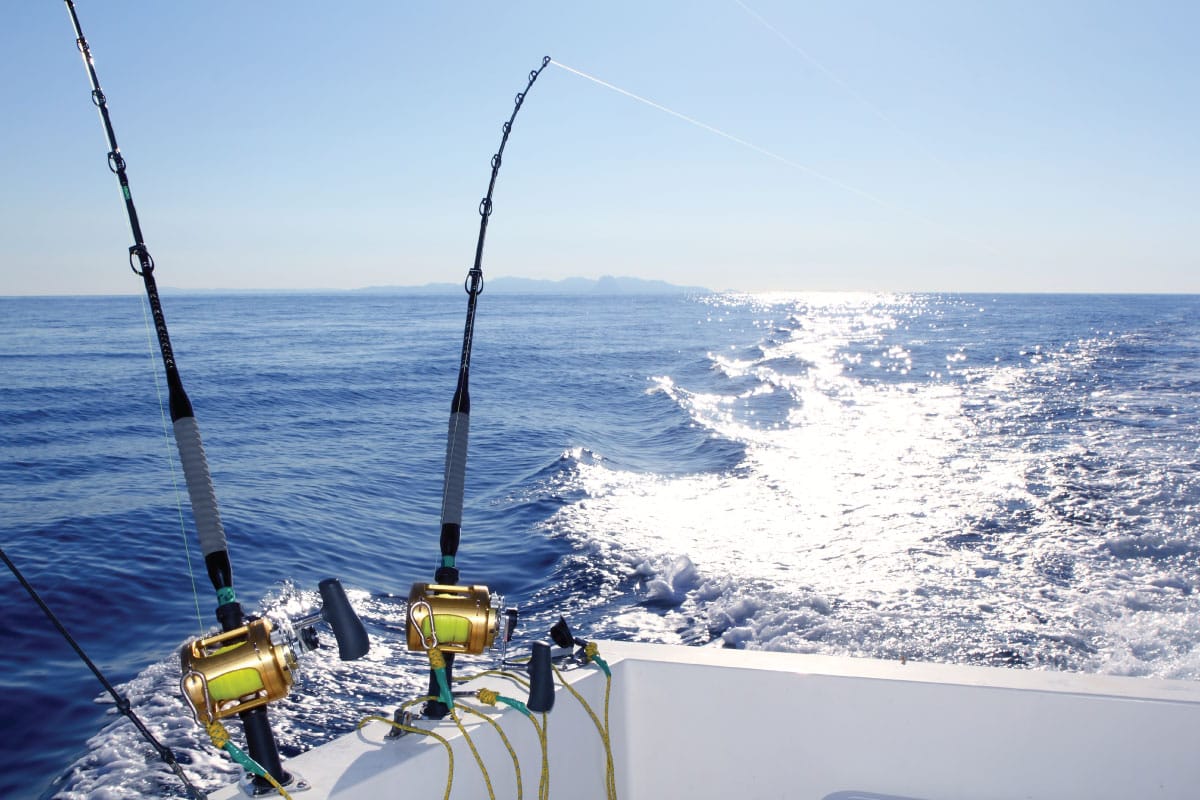
Short-Term vs. Annual Licenses
Another distinction among fishing licenses is the duration of validity. Short-term licenses, such as one-day or seven-day permits, are ideal for occasional anglers or tourists. These licenses provide flexibility and convenience for those who do not fish frequently. On the other hand, annual licenses are perfect for avid anglers who fish regularly throughout the year. While short-term licenses may seem cheaper initially, the cost can add up if purchased multiple times. Therefore, determining the frequency of your fishing activities can help you decide between a short-term or annual license.
State-Specific Fishing License Prices
Fishing license prices can vary significantly from state to state. Exploring state-specific costs and regulations can give you a better understanding of what to expect. Therefore, examining fishing license prices by state provides a clearer picture of the investment required.
California
California offers a variety of fishing licenses to cater to different needs. A resident annual fishing license costs around $52.66, while non-residents pay approximately $142.05 for the same license. Short-term options include a one-day license for $17.02, available to both residents and non-residents. California also offers reduced-fee licenses for seniors, low-income individuals, and disabled veterans. These discounted licenses promote inclusivity and encourage more people to participate in fishing. Therefore, understanding California’s fishing license prices helps you prepare for your angling adventures in the Golden State.
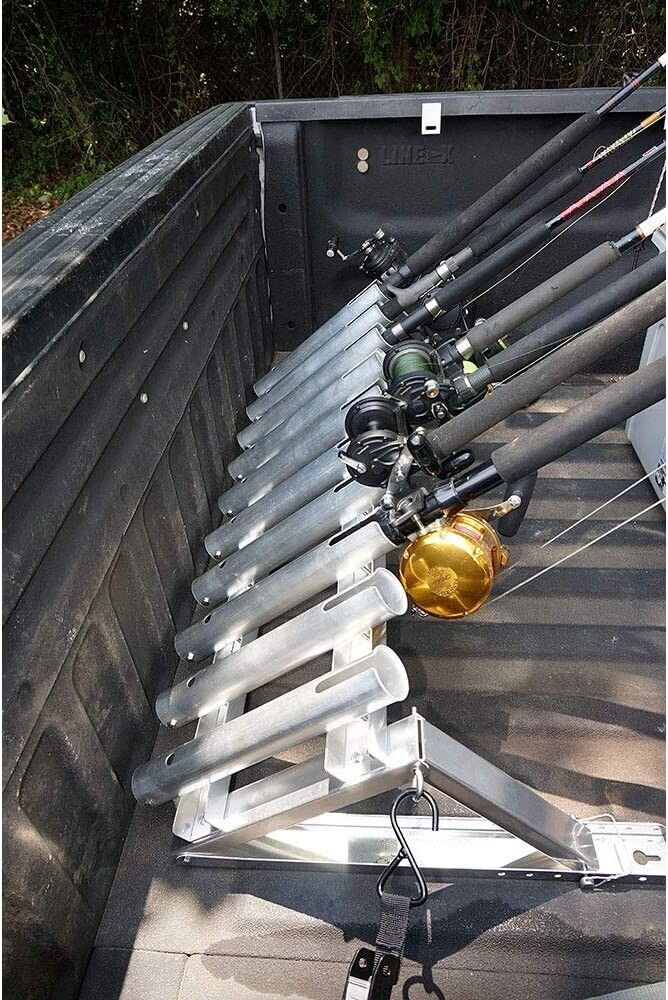
Florida
Florida, known for its diverse fishing opportunities, has a range of fishing license options. A resident annual freshwater or saltwater fishing license costs around $17, whereas non-residents pay approximately $47 for the same license. A convenient three-day freshwater or saltwater license for non-residents costs about $17, making it ideal for short trips. Florida also offers a combination annual license covering both freshwater and saltwater fishing for residents at around $32.50. Additionally, the state provides discounted licenses for seniors, veterans, and individuals with disabilities. Therefore, understanding Florida’s fishing license prices ensures a smooth and enjoyable fishing experience in the Sunshine State.
Investing in Conservation
Purchasing a fishing license not only grants you the legal right to fish but also contributes to vital conservation efforts. Understanding how your investment supports the environment can enhance your appreciation of the license’s value. Therefore, recognizing the broader impact of fishing license fees underscores their importance.
Funding Wildlife Management
Fishing license fees play a crucial role in funding wildlife management and conservation programs. These funds are used for various activities, including fish stocking, habitat restoration, and research projects. By supporting fish populations and maintaining healthy ecosystems, these programs ensure sustainable fishing opportunities for future generations. Therefore, purchasing a fishing license contributes to the preservation of natural resources and the sustainability of fisheries.
Supporting Public Access
Another significant benefit of fishing license revenue is the support for public access to fishing areas. Many states use license fees to maintain and improve fishing facilities, such as boat ramps, fishing piers, and public parks. These improvements enhance the overall fishing experience by providing safe and accessible locations for anglers. Additionally, investing in these facilities promotes outdoor recreation and encourages more people to participate in fishing. Therefore, fishing license fees contribute to the availability of quality fishing sites for the public.
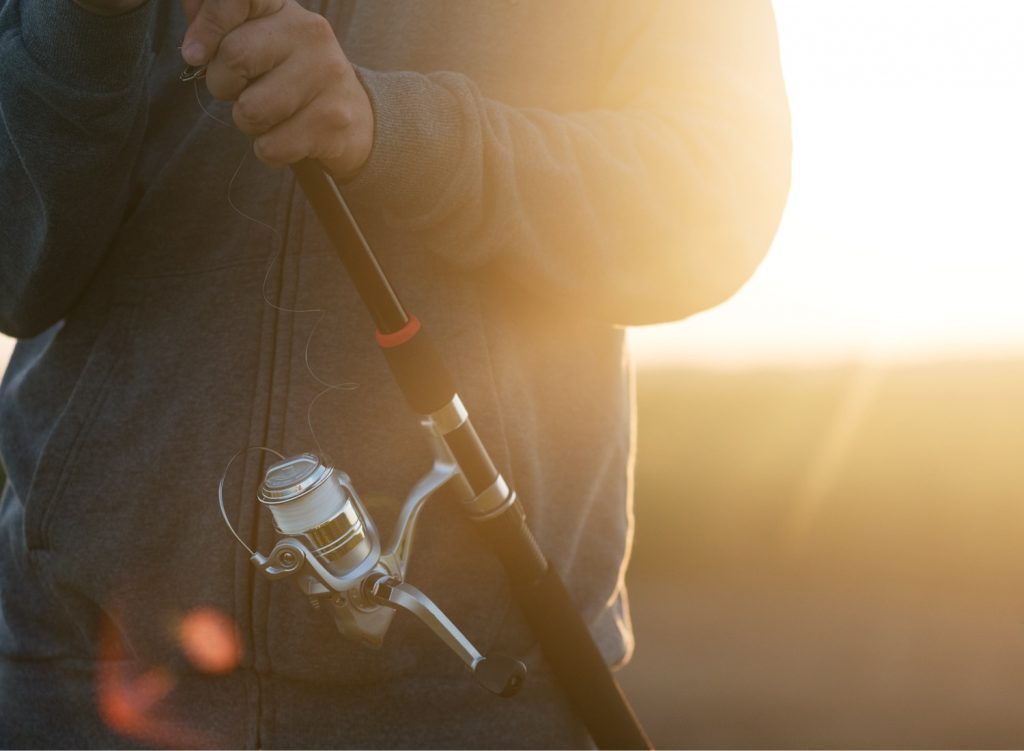
Tips for Purchasing a Fishing License
When purchasing a fishing license, several tips can help you navigate the process and make the best choice. These recommendations ensure a smooth and informed experience. Therefore, exploring these tips can make your fishing license purchase more efficient.
Research State Regulations
Before purchasing a fishing license, it’s essential to research the specific regulations and requirements of the state where you plan to fish. Each state has its own set of rules, including catch limits, fishing seasons, and license types. Familiarizing yourself with these regulations ensures compliance and prevents potential penalties. State wildlife agency websites are valuable resources for obtaining up-to-date information on fishing regulations and license options. Therefore, conducting thorough research helps you make informed decisions when purchasing a fishing license.
Consider Combo Licenses
If you enjoy various outdoor activities, consider purchasing a combination license that covers fishing and other pursuits, such as hunting. Many states offer combo licenses at a discounted rate compared to purchasing separate licenses for each activity. Combo licenses provide flexibility and convenience for outdoor enthusiasts who engage in multiple activities throughout the year. Additionally, they contribute to a broader range of conservation efforts by supporting multiple wildlife management programs. Therefore, considering combo licenses can enhance your outdoor experiences while saving money.
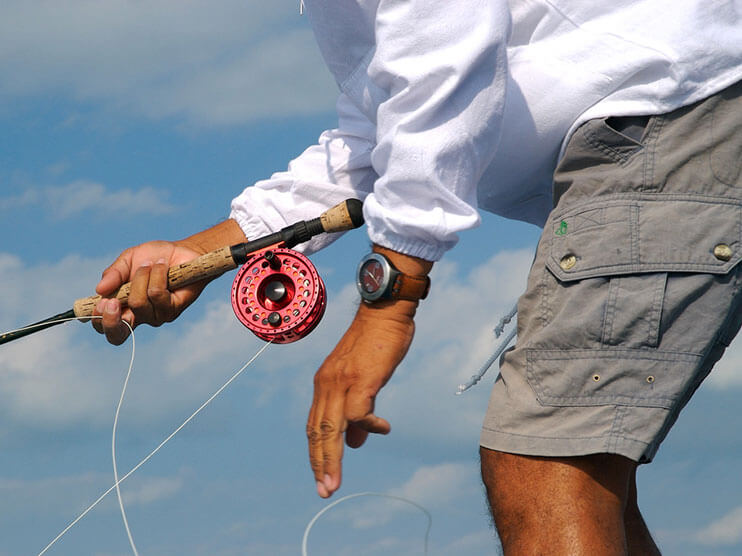
Conclusion: Making an Informed Investment
Understanding the cost of a fishing license involves considering various factors, including residency status, age, and the type of fishing you plan to do. By exploring different license options, state-specific prices, and the broader impact of license fees, you can make an informed investment in your fishing adventures.
Purchasing a fishing license not only grants you legal access to fishing waters but also supports vital conservation efforts and maintains public access to quality fishing sites. By researching state regulations and considering combo licenses, you can navigate the process efficiently and make the best choice for your needs.
Therefore, as you prepare for your next fishing trip, remember that your license is more than just a permit—it is a contribution to the sustainability and preservation of our natural resources. Happy fishing!
